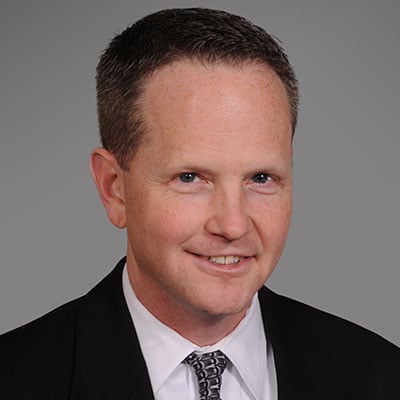The Appellate Hot List
Our first annual Appellate Hot List is our unscientific survey of firms that scored at least one significant appellate win since January 2007, plus an impressive track record overall. A "significant win" meant prevailing before the U.S. Supreme Court, a U.S. circuit court of appeals or a state court of last resort when the financial stakes were high or an important legal principle was at stake. Government attorneys were not eligible so the California attorney general's office, for example, didn't get credit for its role in sustaining the big tobacco settlement against an antitrust claim. We also examined the records of dozens of cases.
Editor's Note
When it comes to appellate practice, giving credit where it's due can be complicated. World-changing precedents rarely are the work of a single law firm. As we scrutinized the achievements of the dozens of firms nominated for this, our first Appellate Hot List, that quickly became clear. Cases important enough to land before the U.S. Supreme Court or other appellate venues tend to attract lots of interested parties. Great firms work in concert to achieve their goals.
THE 2008 APPELLATE HOT LIST
The firms selected for this year's honors are: Akin Gump Strauss Hauer & Feld; Baker Botts; Covington & Burling; Dewey & LeBoeuf; Fish & Richardson; Gibson, Dunn & Crutcher; Heller Ehrman; Jones Day; K&L Gates; Kirkland & Ellis; Latham & Watkins; Mayer Brown; McDermott, Will & Emery; O'Melveny & Myers; Quinn Emanuel; Sidley Austin; Skadden; Weil, Gotshal & Manges; Williams & Connolly; WilmerHale. Read on for the winning cases that earned these firms their place on the list.
KIRKLAND & ELLIS
Kenneth W. Starr helped establish Chicago-based Kirkland & Ellis' appellate practice while a member of the firm between 1993 and 2004; now the dean of Pepperdine University School of Law, he remains on call. The 1,300-lawyer firm prides itself on the former U.S. Supreme Court and federal appellate clerks it has assembled. Current practice chief Christopher Landau, for example, clerked successively for justices Antonin Scalia and Clarence Thomas. The practice is part of the litigation department, with perhaps 10 core members.
Noteworthy cases:
Morse v. Frederick, 127 S. Ct. 2618 (2007). The "Bong Hits 4 Jesus" case. Lead attorney Kenneth W. Starr persuaded the Supreme Court to reverse the 9th Circuit in a First Amendment test case. The court established that a Juneau, Alaska, high school principal was within her authority to discipline a student who displayed a banner deemed to promote drug use during a school event held off school grounds.
Leonard v. Nationwide Mut. Ins. Co., 499 F.3d 419 (5th Cir. 2007). Lead attorney Christopher Landau. This was the first appellate ruling on an insurance dispute involving Hurricane Katrina damage. It involved "anti-concurrent causation" clauses denying coverage in cases when it's not clear whether wind or water caused storm damage. Overruling the trial court, the 5th Circuit said the clauses are enforceable, and that a policyholder cannot bring a claim based on an insurance agent's oral promise if it contradicts the written policy.
Nilssen v. Osram Sylvania Inc., 504 F.3d 1223 (Fed. Cir. 2007). Lead attorneys Brian D. Sieve and Garret A. Leach. The Federal Circuit affirmed that a number of patents related to fluorescent light manufacturing were unenforceable because of the cumulative effect of inequitable conduct by a pro se patent prosecutor during the patent application process.
REPRINTED WITH PERMISSION FROM THE APRIL 7, 2008 EDITION OF THE NATIONAL LAW JOURNAL © 2008 ALM PROPERTIES, INC. ALL RIGHTS RESERVED. FURTHER DUPLICATION WITHOUT PERMISSION IS PROHIBITED


